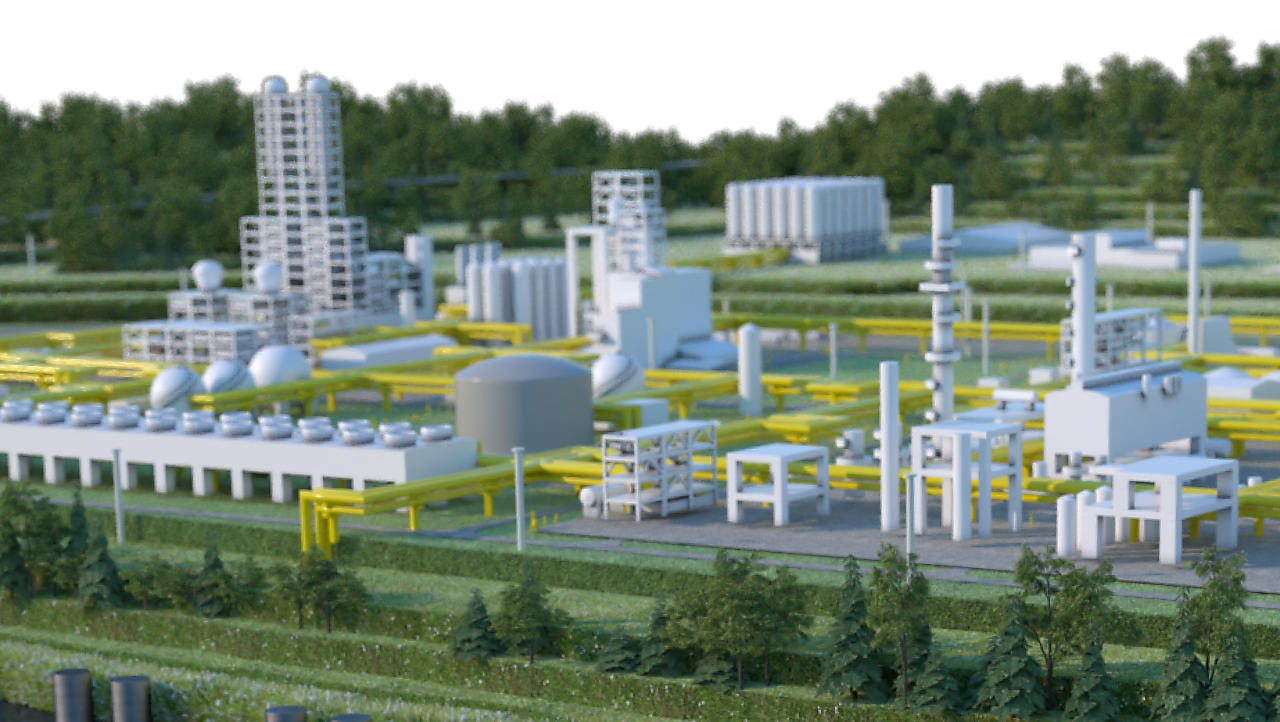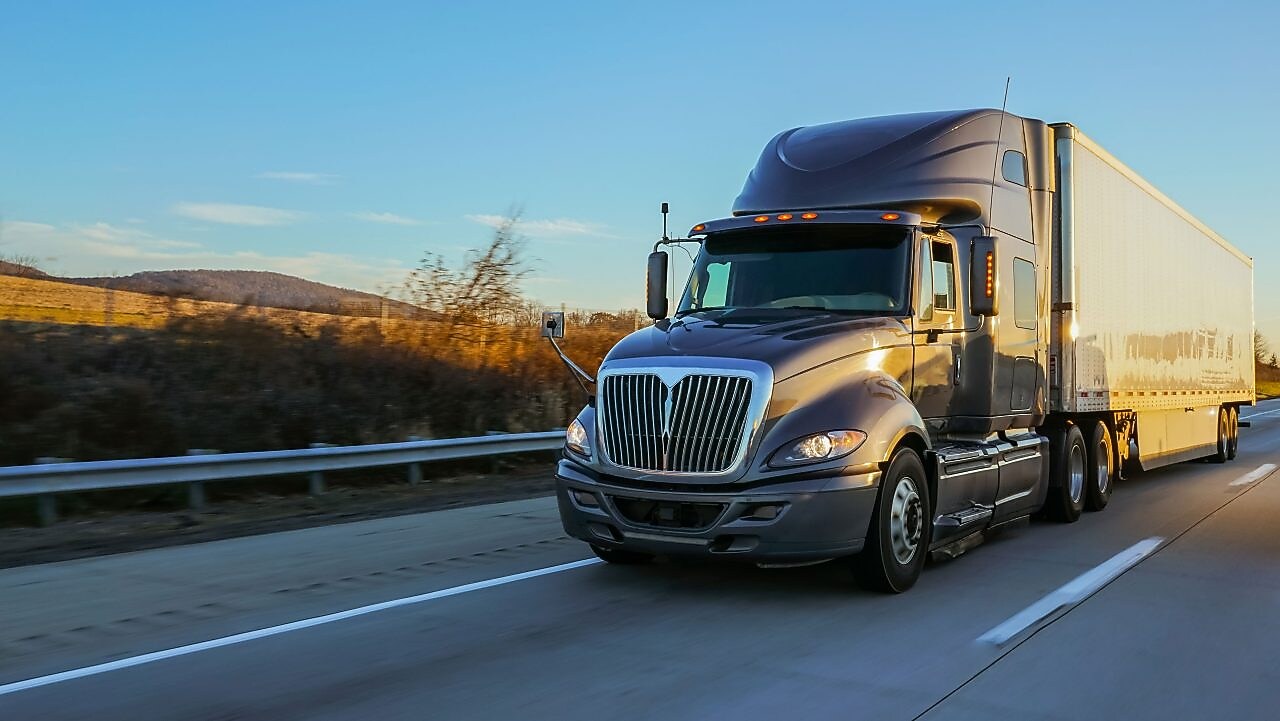
Plastics Suppliers
Top-performing plastics suppliers in today’s competitive market don’t just make and sell resins to converters and compounders. They’re crucial collaborators that help drive customer success.
How Modern Plastics Suppliers Can Help Converters
Plastics and polymers suppliers provide a range of plastic resin pellets that are used by converters as raw ingredients in the manufacturing of a wide array of durable and consumable goods for consumers and other end users.
One of the most common plastic polymer sources used is polyethylene, due to its versatility, durability, and cost-efficiency. Resin quality and consistency are top concerns for converters in choosing a supplier, as inconsistent batches can cause downstream production challenges that can impact the bottom lines.
While some suppliers and converters may have a more transactional dynamic, Shell values a more expansive relationship that offers a communicative and collaborative approach that encompasses resin testing and trials, and sharing of market viewpoints.
These are the types of customer relationships Shell Polymers, a supplier, is fostering with converters at its new state-of-the-art polyethylene plant in Monaca, Pennsylvania.
Supplier collaboration is particularly important as converters and their customers seek to mitigate cost inflation. Working with a supplier to optimize current and potential formulations, or identifying other areas to improve, supports converters operating more cost efficiently and using less materials and resources while still producing quality products.1
Market Outlook for Plastics Industry
The plastics market continues a steady growth trajectory, reflecting demand from end-users.
Polyethylene, including high-density polyethylene (HDPE) and linear low-density polyethylene (LLDPE), is the most widely supplied product in the global plastics market, with market share of nearly 30% as of 2020.
With a global market value of nearly $160 billion as of 2020 and projected to increase to nearly $186 billion by 2026, polyethylene is expected to retain its leading position in the decades ahead, fueled by demand for packaging and other applications in the food & beverage, consumer goods, and automotive sectors, among others.2
The continued demand for polymers like HDPE and LLDPE stems from their versatility, durability, and cost-effectiveness. Polyethylene is lightweight, adaptable, easily recyclable, and has superior flexibility compared to other polymers.
Converters use HDPE and LLDPE in a wide variety of applications, including lightweight flexible packaging, films, blow molded containers and injection-molded components.3
Shell Polymers can help converters test new products and grow their business. Our new polyethylene plant is equipped to meet converters’ need for reliable pe supply. The focus on logistics and supply diversification has increased over the past several years as a result of issues created by unusual weather events and overstressed supply chains.
Supplier Quality and Expertise
For converters, a supplier’s resin quality and consistency are crucial factors in making polymer supply decisions. Ensuring the highest quality and consistency takes a state-of-the-art and weather-resistant polymer plant and a team of technical experts with the kind of knowledge, experience, and in-house testing and quality control capabilities possessed by Shell's polymer experts.
In-house teams must also have a strong understanding of converter manufacturing processes and equipment, and be able to troubleshoot problems and quality issues for converter facilities as well as their own.
Suppliers should also be aware of the latest polymer industry trends and opportunities, and be able to help converters navigate them.
That includes the ability to run production trials and conduct testing on various resins. Our new polyethylene plant can help converters conduct polymer testing without having to set aside some of their own machines to do so.
What Does It Mean To Be a Reliable Plastics Supplier?
Petrochemical industry supply chain challenges, accelerated by macroeconomic and extreme weather events, have made supply reliability a greater focus for converters in recent years. Converters need assurance they will receive the resin they need when they need it, and they should enlist suppliers that have taken steps to risk-proof their supply chains. That means looking for a supplier employing strategic transport options for resin shipments, such as a combination of truck and rail.
Today’s leading suppliers should also leverage logistics technology to monitor shipments in order to take action as early as possible when problems arise. Using this data they promote proactive and timely communication with customers regarding shipment timing, demand forecasting, and other matters that may arise.
To help promote that type of customer-focused culture, Shell Polymers assigns a dedicated, knowledgeable customer relationship coordinator to each customer account. We also leverage user-friendly systems that streamline customer notifications and interactions.
Supplier Sustainability Practices
The global economy and governments are increasingly placing a greater emphasis on sustainability and the environment, and those demands have pushed companies in numerous industries to innovate to create more sustainable products and operations.
The trend is likely to accelerate, with earnest sustainability efforts expected to become a more fundamental element of doing business in the years ahead.4
Suppliers and converters alike must adapt to evolving expectations. Modern suppliers, including Shell Polymers and the broader Shell network, can play a role in helping converters become more sustainable.
At Shell Polymers Monaca, we’re committed to reducing waste in the overall resin production process, through training and procedures to prevent pellet loss during production.
At that plant, we’re also committed to reducing and containing waste in the overall resin production process, through loss prevention and containment procedures, enhanced employee awareness and training, and other initiatives.
Shell is also investing in the development of innovative recycling practices, such as pyrolysis (a process which transforms plastic waste into high-end chemicals for reuse) which are important to ultimately achieving a circular economy in the plastics industry. Shell has committed to using one million tons of waste plastic to make chemicals by 2025.
Shell is also investing in the circular economy by scaling up the use of plastic waste feedstock in their crackers. Shell has committed to using one million tons of plastic waste to make chemicals by 2025.
In 2022, Shell Polymers announced its participation in a consortium of major manufacturing and energy companies working to develop a low-carbon and hydrogen industrial hub in several U.S. states.5

Discover the Business of Plastics
Download our comprehensive Business of Plastics industry report to stay on top of evolving converter trends.
- https://www.mckinsey.com/business-functions/operations/our-insights/how-to-deal-with-price-increases-in-this-inflationary-market?cid=other-eml-alt-mip-mck&hdpid=18a9cd70-9cfa-45ff-9a76-7231efec5cf4&hctky=12549301&hlkid=157502dd747545cdb5f1e54df596537c
- https://www.fortunebusinessinsights.com/industry-reports/polyethylene-pe-market-101584
- https://www.grandviewresearch.com/industry-analysis/global-plastics-market
- https://www.mckinsey.com/business-functions/strategy-and-corporate-finance/our-insights/what-matters-most-five-priorities-for-ceos-in-the-next-normal?cid=other-eml-alt-mip-mck&hdpid=67434a97-b8b7-4e72-b9a1-982f99ba053e&hctky=12549301&hlkid=b8d9ef8c3808444ca5c7d030773300d2
- https://www.businesswire.com/news/home/20220203005153/en/Leading-Companies-Launch-Initiative-to-Support-Low-Carbon-and-Hydrogen-Industrial-Hub-in-Ohio-Pennsylvania-and-West-Virginia


